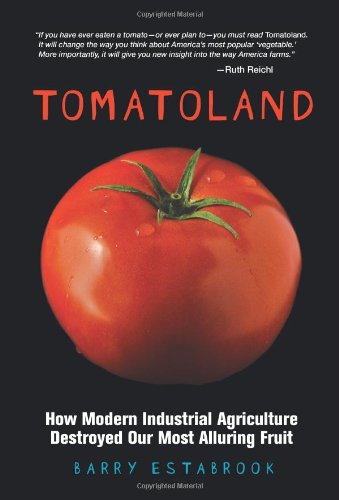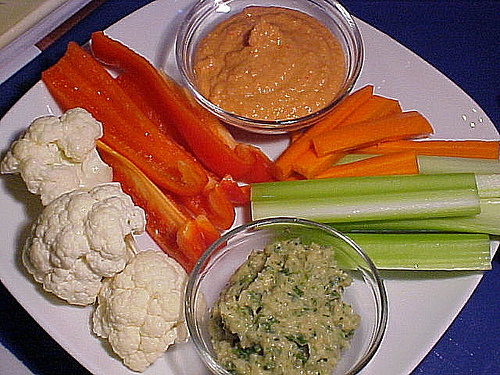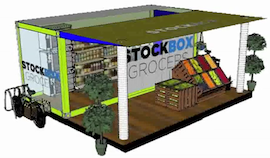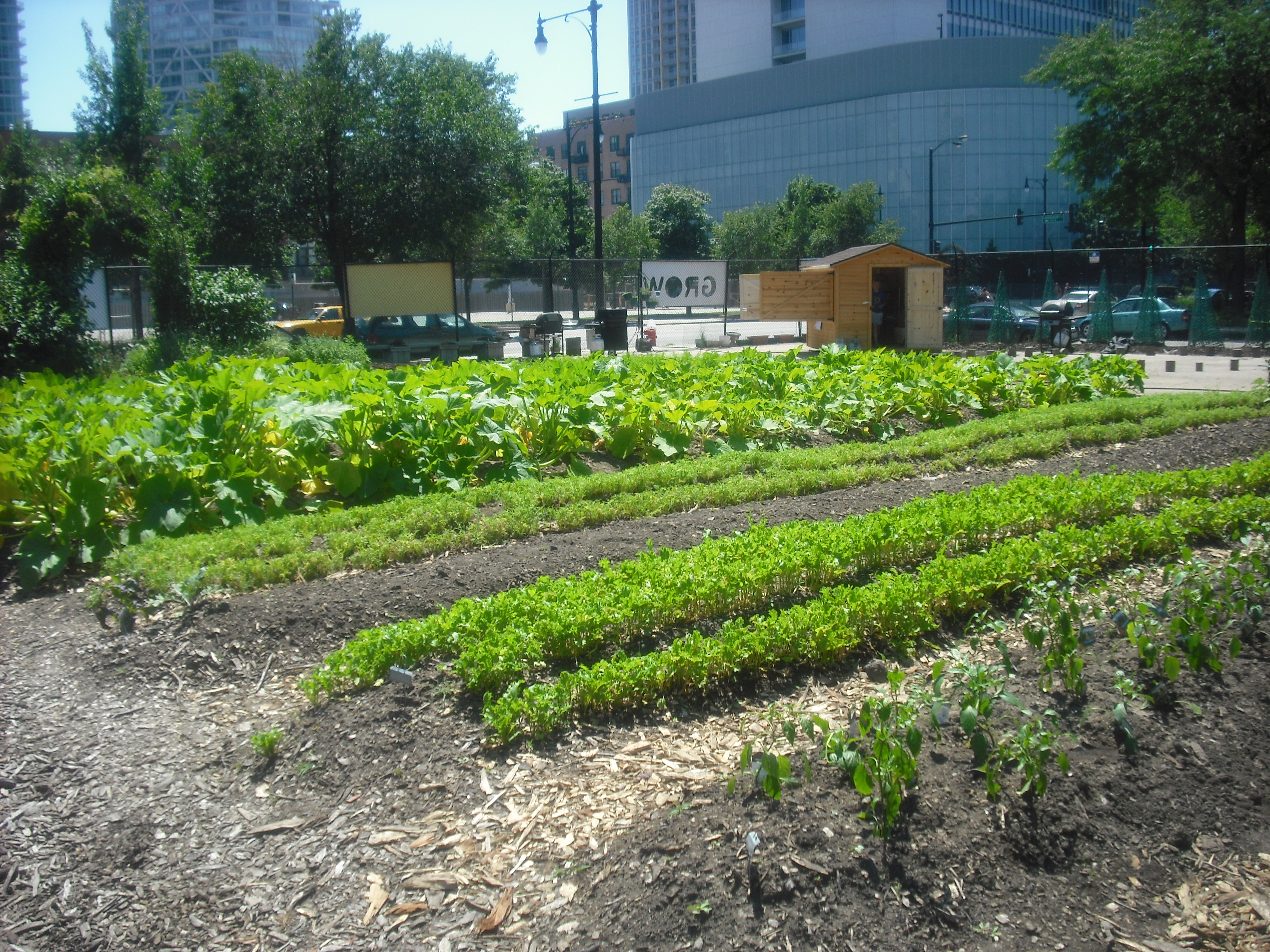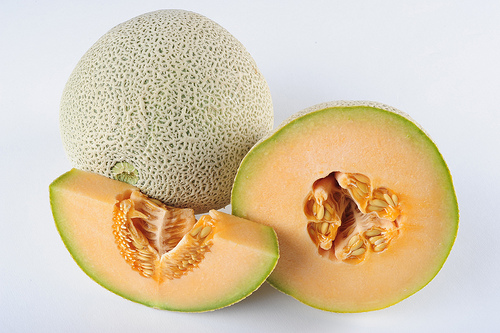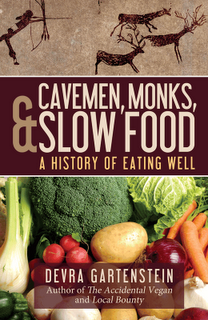Hey, Whole Foods – PR Event or Serious Conversation?
We attended one of Whole Foods Market™ Speaker Series events; this one titled “Consumer’s Conflict: The Cost of Fresh Picked Produce in the 21st Century.” The guest speaker was Barry Estabrook, author of Tomatoland – How Modern Industrial Agriculture Destroyed Our Most Alluring Fruit. In the end, there was too much Whole Foods and too little discussion of the real cost of fresh produce and what to do about it. And we paid $40 to hear it…

